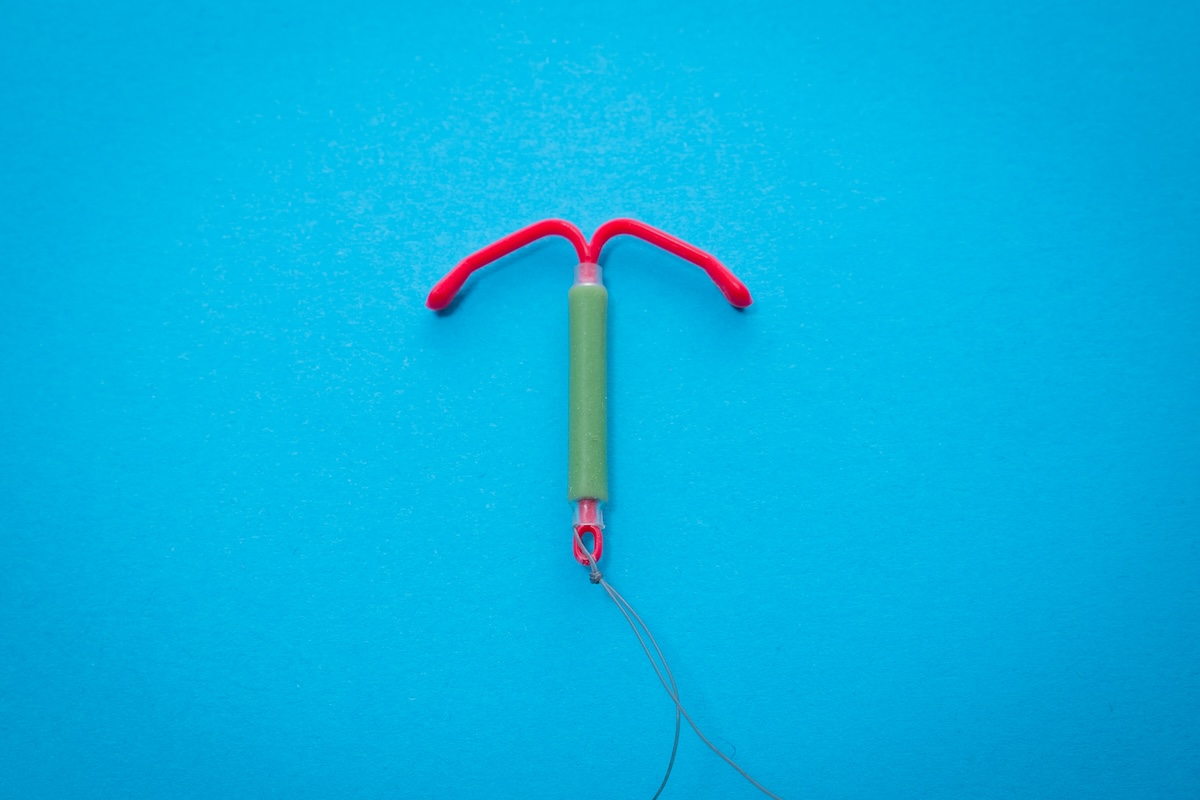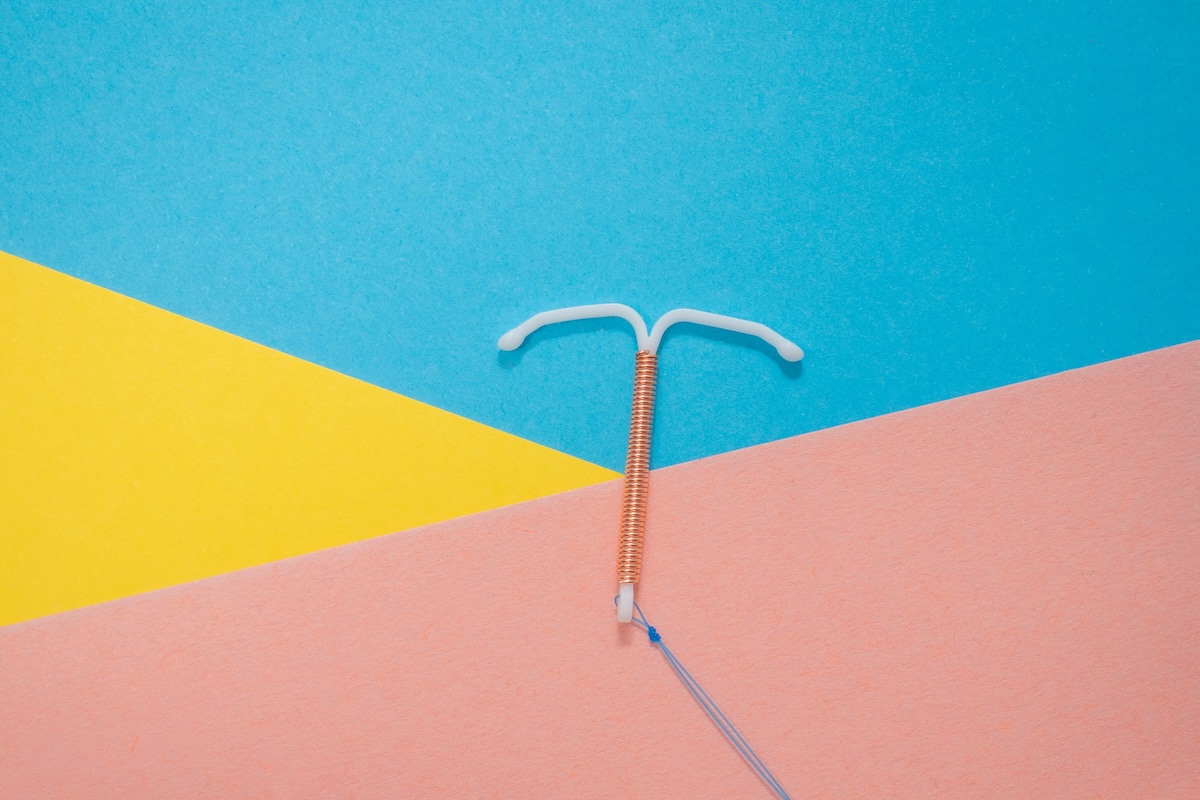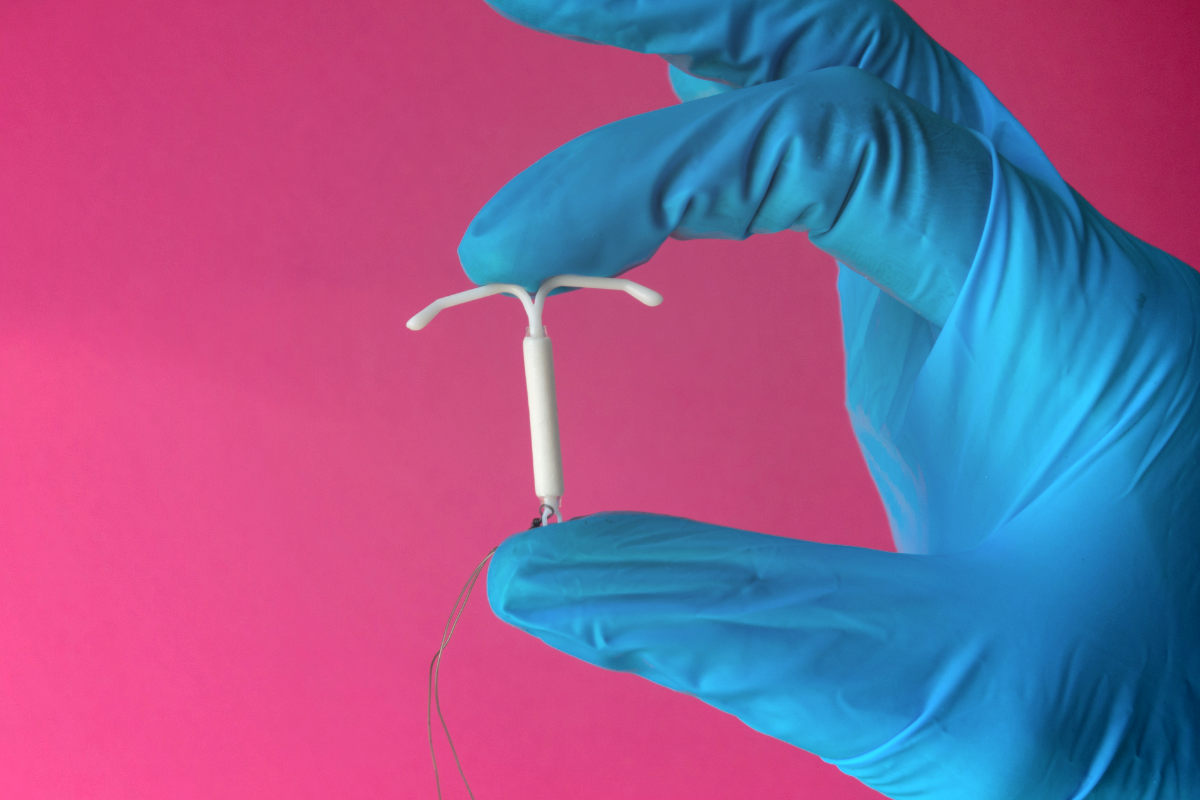I am 44 and premenopausal, and my doctor recommended some form of birth control to help menopause symptoms when they occur and to prevent pregnancy. I have PCOS and a family history of ovarian cancer. Is there a difference between taking a birth control pill or getting an IUD?
—JP
When I am discussing contraception with my patients, I always like to consider how it might help them in addition to preventing pregnancy. Treating perimenopausal symptoms is a good example. There are a couple of different contraceptive options that will provide you with contraception and symptom relief.

Birth control pills can be a great option. Typically if we are using birth control pills to treat perimenopausal symptoms, we would choose a pill that contains both estrogen and progestin in the same doses in all the active pills. The estrogen in the pill is what actually treats the perimenopausal symptoms. The progestin protects the uterine lining from becoming too thick.
Perimenopausal symptoms often result from volatile hormone levels, and combination birth control pills shut down that roller coaster completely and replace it with a stable dose of estrogen and progesterone every day. Women can often skip the sugar pills and avoid having a withdrawal bleed, the period-like bleeding that occurs when women take birth control pills.
For you, birth control pills may have the added benefit of treating some symptoms of PCOS you might experience. They are especially good at treating signs of high testosterone, such as acne, body hair growth, and scalp hair loss. And birth control pills may reduce the risk of ovarian cancer in women with BRCA gene mutations. Whether they decrease the risk in women with a family history of ovarian cancer but without the BRCA gene is less clear.
A progestin-eluting IUD such as Mirena would also provide you with effective contraception. On its own, a progestin-eluting IUD will not likely address most perimenopausal symptoms, though it can address the heavy bleeding that some women experience in the perimenopausal years. To address symptoms such as hot flushes, night sweats, and mood changes, you need estrogen or very high doses of progesterone — much more than you would get from a progestin-eluting IUD.
However, you could pair your progestin-eluting IUD with an estrogen patch to both get contraception and manage your perimenopausal symptoms. For many women, especially those who have a hard time taking a daily pill, this can be another great option, and one that you can continue into menopause.
The only caveat is that an IUD plus an estrogen patch will not shut off the ups and downs of your hormones that come with your menstrual cycles. So if you are still having fairly frequent periods and your perimenopausal symptoms are severe at certain times in your cycle (for example, if you suffer from premenstrual dysphoric disorder), this combination may not fully manage your symptoms.
Ultimately, both combination birth control pills and a progestin-eluting IUD plus an estrogen patch can provide both contraception and perimenopausal symptom relief.
Community Guidelines















Log in